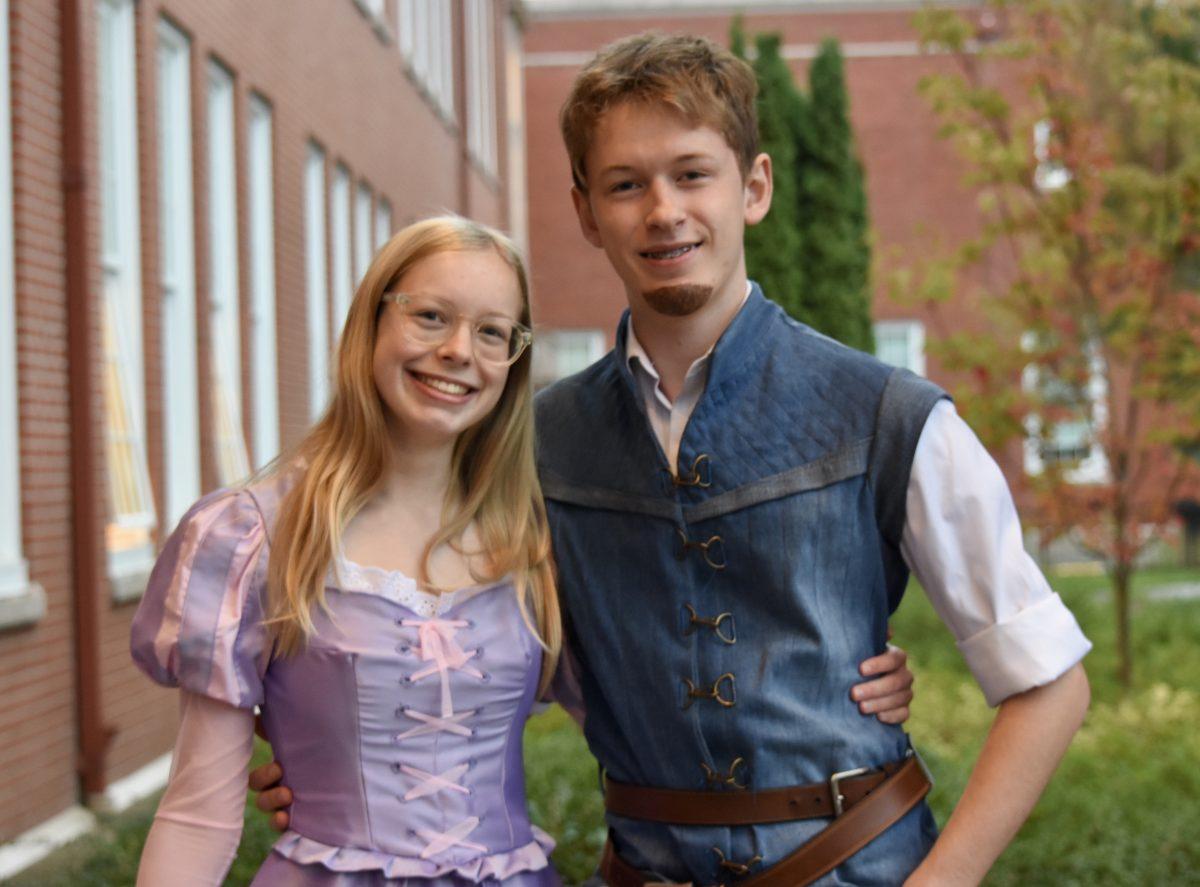
I arrived late. Beads of sweat form on my brow as I rush through the Washington, D.C. humidity to find a small restaurant tucked into the corner of 7th street. Inside, a sea of faces from the Al Neuharth Free Spirit and Journalism Conference turns to greet me, each one with anticipation of the adventure to come.
At the conference, 50 students from around the country are flown to Washington, D.C. for a week-long immersion in the professional world of journalism and government. For one week, our group explored the depths of journalism—from its importance in pop culture to the prevention of corruption in the government—and fine-tuned our abilities as scholastic reporters. Together, we heard from Ernest “Rip” Patton (a Freedom Rider from the 1960s), David Almacy (the E-Communications Director for the Bush Administration) and Royce C. Lamberth (a senior judge for the District of Columbia); everyone we met expressed a deep respect for journalism and its intrinsic role in maintaining the freedoms of the First Amendment.
But most prominent in my experience at the conference was my interaction with the students I shared the conference with. As the week went on and each of us grew closer to one another, the real value of our time together became clear: from every state, a new person; from every person, a unique journalistic experience and a mutual appreciation of privilege and responsibility of being a journalist.
Between the engaging discussions with professional journalists and visits to the Senate and House Press Galleries, I learned from students of nearly every state about their journalistic wisdom and fight for the freedom of the press. From New England, a Free Spirit told their story of uncovering scandal within their school’s administration. From Texas, a student shared her experience with egregious censorship and her subsequent activism to fight against prior review and restraint. As a whole group, we learned of time-intensive investigative pieces and the triumph of seeing a paper or magazine finally reach the hands of those in the community.
On the surface, the connection that all of us made by the end of the conference was one of camaraderie and shared enthusiasm. But at a deeper level, we were joined by our respect for one another and appreciation for the work we had done as student journalists. We had bonded, not just as people, but as reporters with collective purpose and love for our craft.
The power of student-journalism is not solely in the stories we cover. Instead, it is our ever-present fight for truth and knowledge—and the preservation of everyone’s right to access it—that makes our job worth it. The conference, and the inspiration I gained from the 50 dedicated student journalists, revealed to me the true importance of that power: we are the defenders of free speech and the catalysts of truth.
We are the future of democracy.





























